WASHINGTON (Reuters) -The U.S. military expanded its counter-drug campaign and carried out a strike against a suspected drug vessel late on Tuesday in Pacific Ocean waters off South America, a U.S. official told Reuters on Wednesday.
The strike is the first known U.S. military operation in the Pacific since the Trump administration started a new offensive against the drug trade that has led to at least seven strikes in the Caribbean and dramatically raised U.S. tensions with Venezuela and Colombia.
The official, speaking on condition of anonymity, did not provide further details but said there were several people - suspected to be smugglers - on the vessel when it was struck.
The Pentagon did not immediately respond to a request for comment.
The latest strike, which was first reported by CBS News, comes against the backdrop of a U.S. military buildup in the Caribbean that includes guided missile destroyers, F-35 fighter jets, a nuclear submarine and around 6,500 troops.
Legal experts have questioned why the U.S. military is carrying out the strikes, instead of the Coast Guard, which is the main U.S. maritime law enforcement agency, and why other efforts to halt the shipments are not made before resorting to deadly strikes.
In August, the Coast Guard launched an operation, known as Operation Viper, to interdict drugs in the Pacific Ocean. As of October 15, the Coast Guard said it had seized more than 100,000 pounds of cocaine. It was unclear why the administration carried out a strike in this instance instead of interdicting the vessel.
Last week, Reuters was first to report that two alleged drug traffickers survived a U.S. military strike in the Caribbean. They were rescued and brought to a U.S. Navy warship before being repatriated to their home countries of Colombia and Ecuador.
The strikes in the Caribbean have killed at least 32 people, but the Trump administration has provided few details, such as how many alleged drugs the vessels were carrying or what specific evidence it had to suggest they were carrying drugs.
(Reporting by Idrees Ali and Phil Stewart, Editing by Franklin Paul, Chizu Nomiyama and Nia Williams)



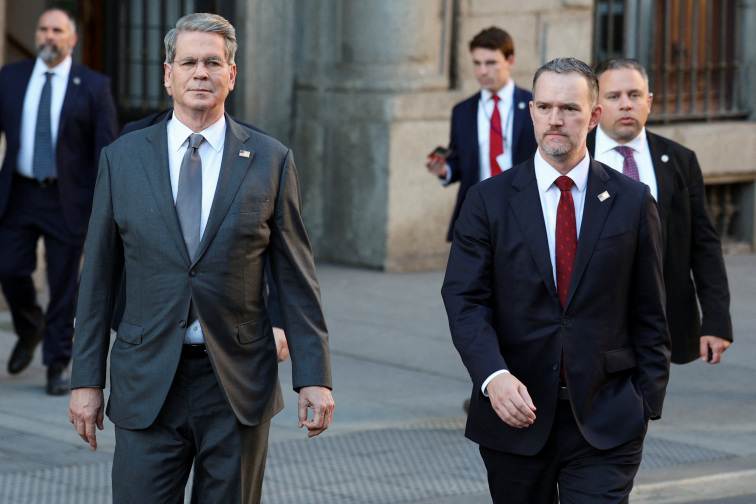
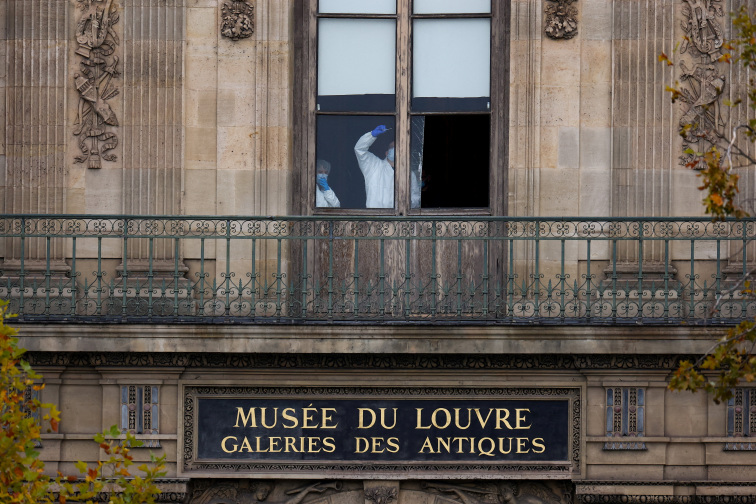
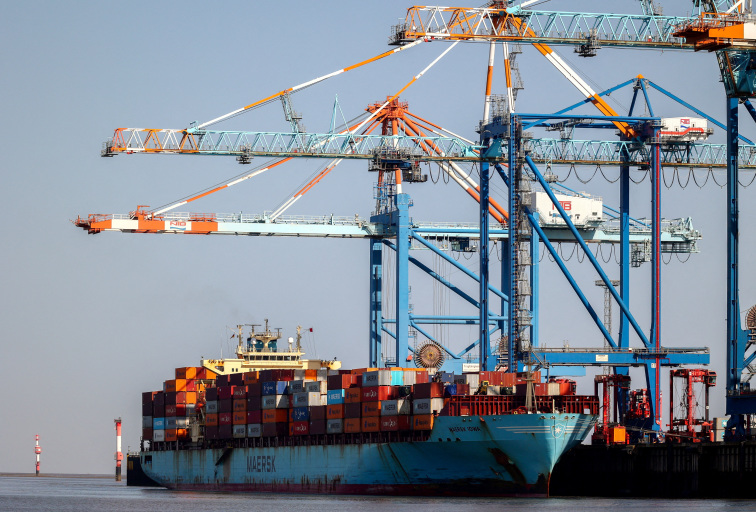
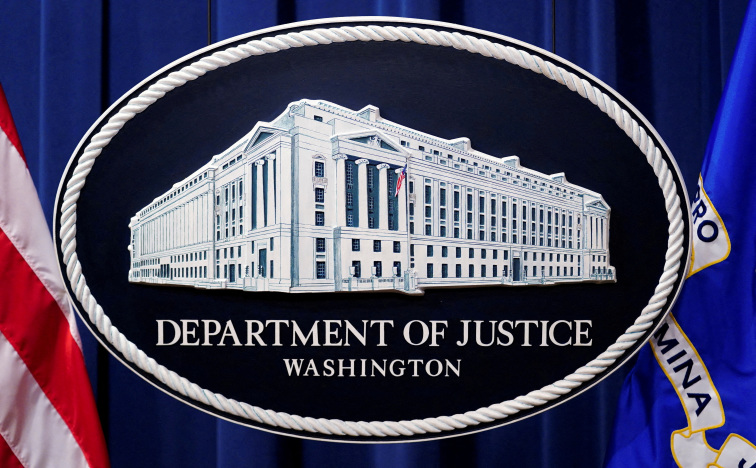
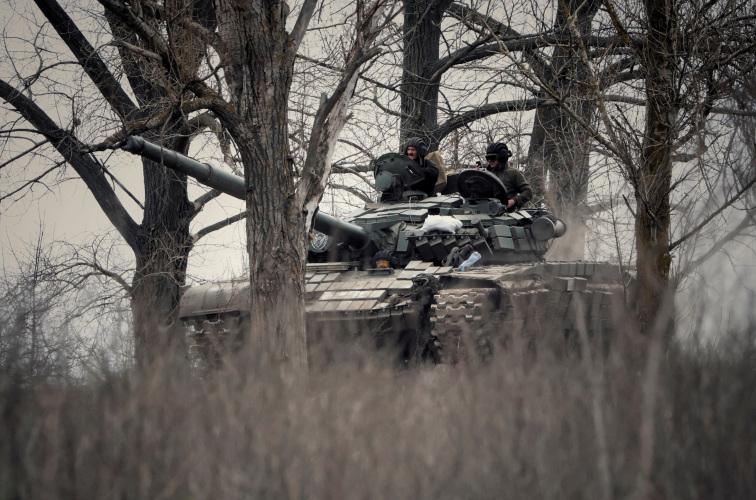

News magazine bootstrap themes!
I like this themes, fast loading and look profesional
Thank you Carlos!
You're welcome!
Please support me with give positive rating!
Yes Sure!